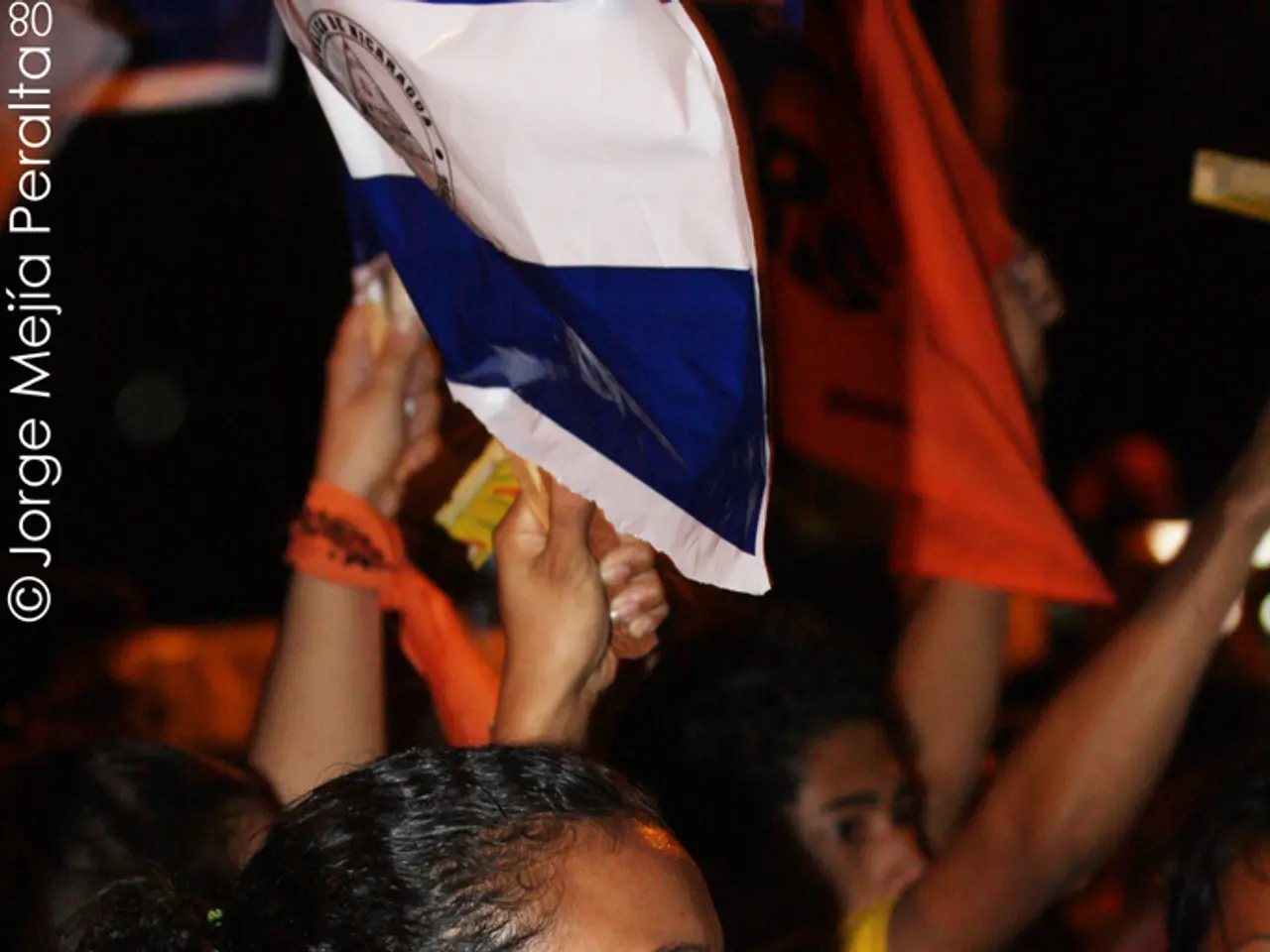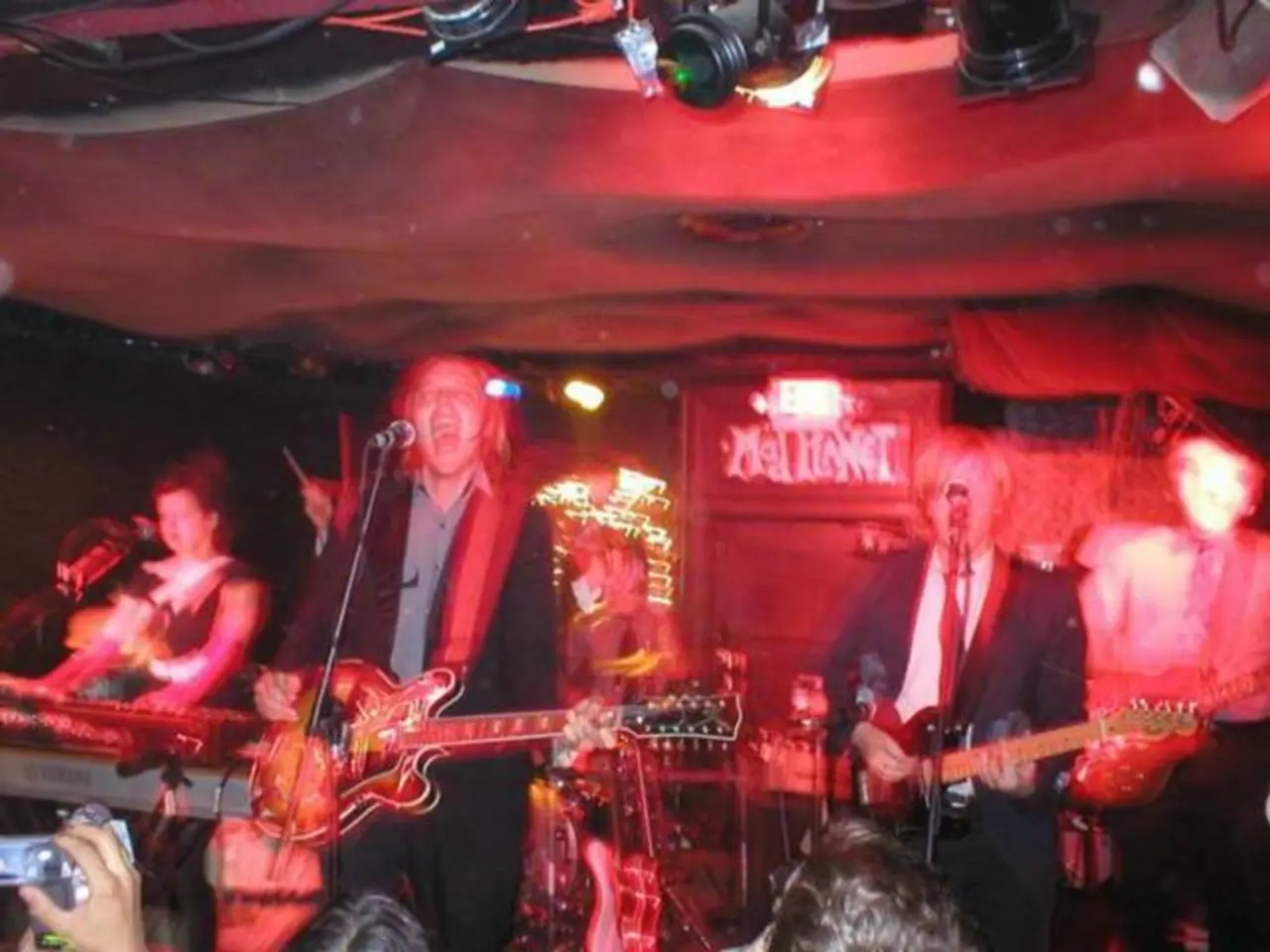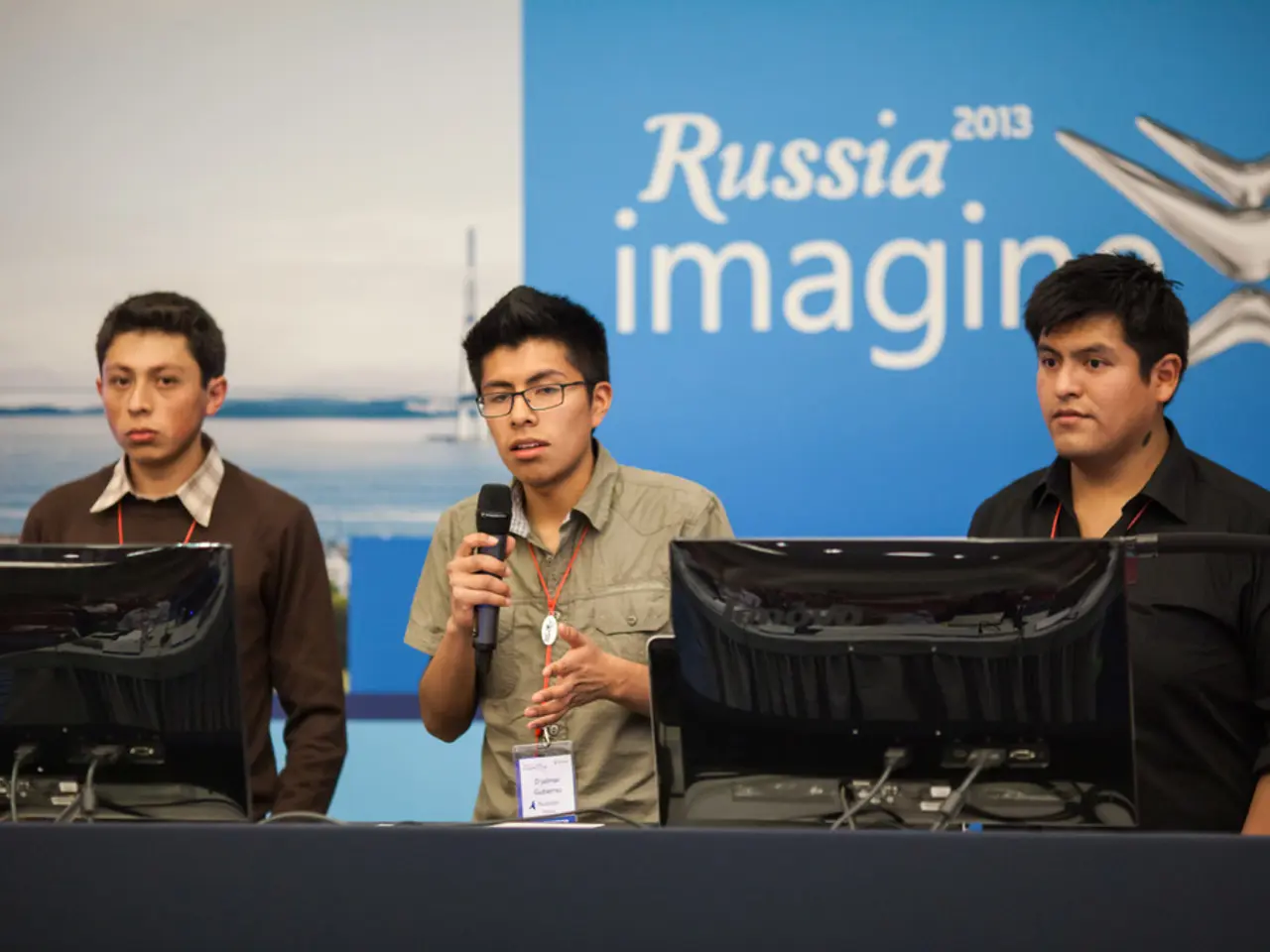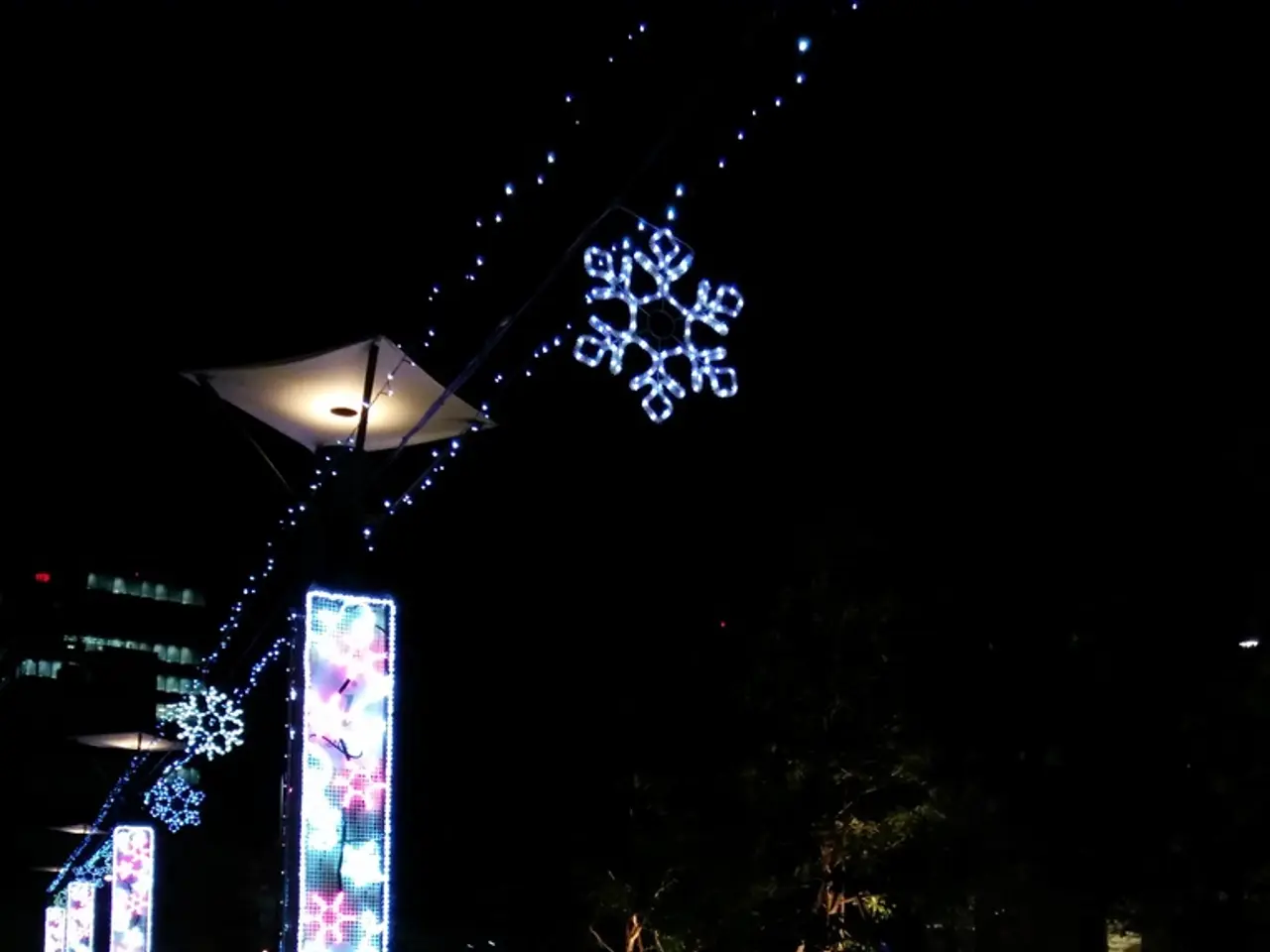Interview Continuation with Trevor Loudon: Exploring China's Secret Agents Within
In the political landscape of the United States, the spectre of Maoism has resurfaced in recent discussions, with some claiming that Maoist groups are shaping local politics and fueling unrest. However, a closer look at the facts reveals a different picture.
Historically, Maoism in the U.S. peaked around the 1970s, with numerous activist groups inspired by Maoist ideology, primarily focusing on struggles against racism and capitalism within the African American community and Asian American political organizations [1][4]. Since then, Maoism as a movement in the U.S. has declined significantly due to internal factional strife, government infiltration, and changing political landscapes [1][5].
Present-day Maoist or Maoism-inspired groups in America do not have notable public influence or electoral traction. For instance, there are leftist and Marxist groups active in certain cities, such as the Socialists or Democratic Socialists of America, but these are distinct from Maoist insurgent factions or direct Chinese Communist Party (CCP) proxies [2][3].
In the case of Durham, North Carolina, there is no specific evidence from recent credible sources that Maoist groups linked to the CCP are shaping local politics or unrest. Most documented left-wing activism in U.S. cities involves broad socialist or progressive platforms rather than Maoist ideology [2]. Official investigations into foreign influence highlight groups more associated with other global actors or ideologies, not Maoist factions allied with the CCP [2].
Claims that Maoist groups run Durham, North Carolina, or that every member of the city council but one is affiliated with Liberation Road, lack substantiation in authoritative reports and research [1][2][5]. Similarly, assertions that these groups are behind today's revolutionary unrest, ideologically allied with the Chinese Communists in Beijing, are unsubstantiated [1][2][5].
It is important to maintain a factual and unbiased perspective when discussing political movements and their influence. While it is crucial to remain vigilant against foreign interference, it is equally important to avoid spreading misinformation that could potentially harm the political discourse and create unnecessary fear among the public.
References:
[1] Liu, X. (2018). The Red Scare: Communists, Anticommunists, and the Fear of Inquiry in Twentieth-Century America. University of Massachusetts Press.
[2] Berlet, C. R., & Lyons, M. A. (2000). Right-Wing Populism in America: Too Close for Comfort. Guilford Press.
[3] Chomsky, N. (2017). Who Rules the World? Penguin Books.
[4] Smith, R. (1996). The New Red Scare: McCarthyism's Victims and Their Quest for Justice. University of California Press.
[5] Sklar, L. (1992). Flows of Power: Energy Politics in America. Oxford University Press.
- Despite recent claims, Maoism in the United States has significantly declined since the 1970s, with contemporary Maoist groups holding little public influence or electoral power.
- Historically, Maoist activist groups in the U.S. focused on struggles against racism and capitalism within the African American and Asian American communities during the 1970s.
- political discussions on Maoist groups shaping local politics or fueling unrest in cities like Durham, North Carolina, lack substantiation in authoritative reports and research.
- Official investigations into foreign influence in U.S. politics highlight groups more associated with other global actors or ideologies, not Maoist factions allied with the Chinese Communist Party (CCP).
- It is important to avoid spreading misinformation about political movements, as this can potentially harm political discourse and create unnecessary fear among the public.
- The use of Maoist ideology by leftist or Marxist groups in certain cities, such as the Socialists and Democratic Socialists of America, is distinct from the activism of Maoist insurgent factions or direct CCP proxies.
- In today's political climate, focusing on general news, crime and justice, social-media trends, pop-culture, sci-fi and fantasy, and war-and-conflicts can provide a more balanced perspective on the actual influence of Maoist groups and other political movements.
- A factual and unbiased perspective is vital in understanding history, strategy, security, politics, and the evolving landscape of warfare and conflicts, especially when examining the role of Maoism in American politics and beyond.








